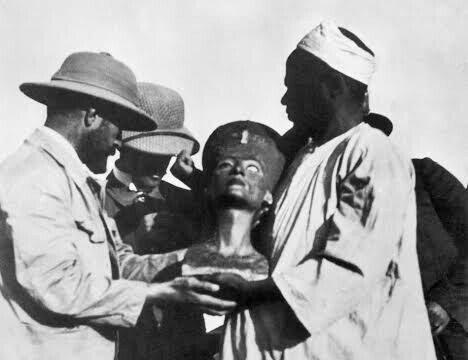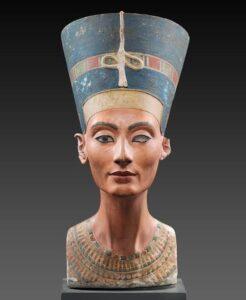Renowned Egyptologist Zahi Hawass has appealed for global support to repatriate the 3,400-year-old bust of Queen Nefertiti from Berlin to Egypt. This campaign, launched at Cairo’s Prince Taz Palace, seeks to bring the bust back and spark international dialogue on artefact repatriation.
The bust, currently in Berlin’s Neues Museum, was removed from Egypt in 1912 under questionable circumstances. Documentation from the time indicates it was exported against Egypt’s laws, making its return a legal and ethical necessity.
Hawass’s campaign is supported by Article 13(b) of the UNESCO Convention, ratified by Germany and Egypt, which calls for the restitution of illicitly exported cultural property. UNESCO has long advocated for returning cultural heritage to their countries of origin, reinforcing Egypt’s claim.
The removal of Nefertiti’s bust and other artefacts is part of a larger narrative of historical injustices and colonial exploitation. Egypt has been deprived of many cultural treasures displayed worldwide. Returning these artefacts is a step toward decolonising museum collections globally and repairing past wrongs. The Grand Egyptian Museum (GEM) is ready to welcome these pieces back.
Hawass’s petition underscores Egypt’s efforts to reclaim thousands of artefacts through international collaboration, aligning with national policies to retrieve unlawfully taken items. This campaign is part of a broader effort to return art treasures central to national identities. Hawass has identified key Egyptian artefacts abroad for potential repatriation, including the Rosetta Stone.
The international community is urged to support Egypt’s plea by signing and sharing Hawass’s petition. Collective action can foster dialogue with Germany and other nations holding significant artefacts, ensuring cultural treasures return to their rightful place.
Repatriating these artefacts promotes a just world where cultural heritage is respected and preserved.



